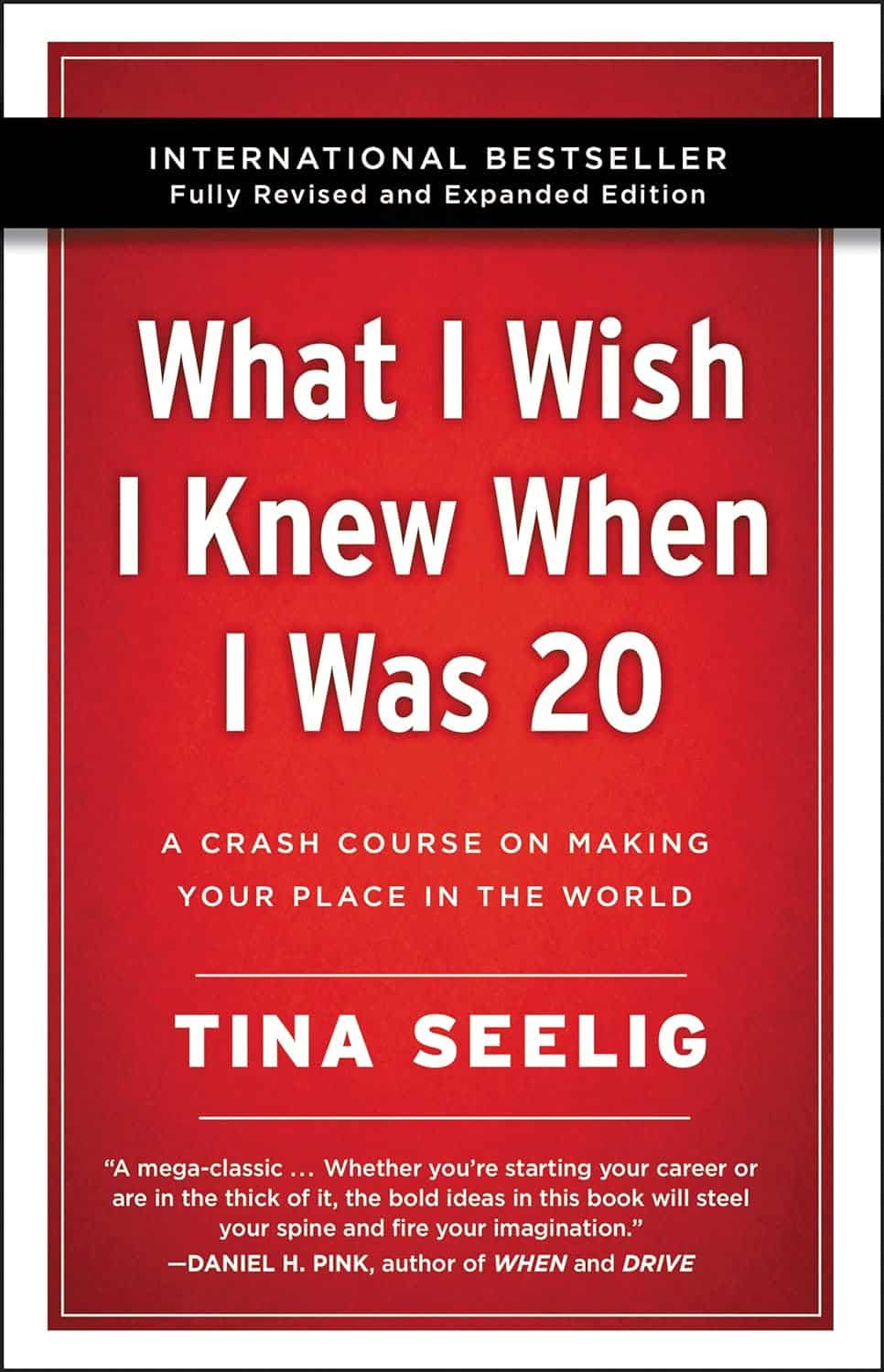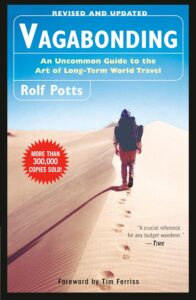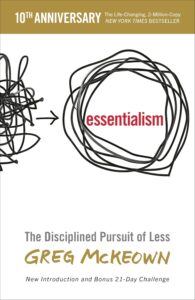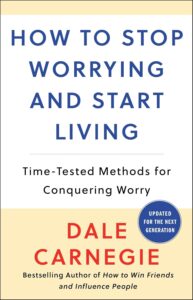I wanted to give this book a 6/10, but Tina’s tactical use of stories on crafting and executing ideas makes What I Wish I Knew When I Was 20 worth the read.
Initially, I cringed at the idea of a book on “entrepreneurship,” but, really, I just cringe at the word. “Entrepreneurship” is tainted by the YouTube videos on “getting rich quick,” but redeemed by books like this.
The stories are encouraging and interesting, and you learn the lessons through real-world examples instead of sermon-like lectures.
I wish I attended her class at princeton.
Applicable Lessons
- When trying to develop an idea think:
- What problems do you run in to?
- Is your answer unique (0 to 1)? or 10x better?
- Where do you have problem blindness? One example, Tina says, is to think of a traditional circus: a big tent, animals, cheap tickets, clowns, flaming hoops, popcorn, etc. Then turn all of these ideas upside down: expensive seats, one act at a time, sophisticated music, no clowns, or popcorn. What is the result? Cirque du Soleil.
- Start something incredibly stupid, especially in America right now. America rewards failure.
- In Silicon Valley, failure is acknowledged as a natural part of the process of innovation.
- Google says it’s important to not kill projects too early, but to morph them instead.
- You are not your company, you are not your product. “Your company may fail, your product may fail, but you aren’t the failure.” – Jeff Hawkins
- You can get luckier. “Lucky” people tend to be extraverted. They make more eye contact and smile more frequently which leads to more positive and extended encounters. “Lucky” people have tried and failed many times.
- We dramatically increase the chances that we will be lucky by exposing ourselves to as many crazy situations and experiences as possible. Are you a door knocker or a window opener?
- Negotiate better. Don’t walk in with an exact plan, instead try and figure out what the other party wants, what drives them. This will create a positive outcome for both sides.
- Keep a stack of thank you notes on your desk. Use them.
Quotes I Like
- “Nobody will pay you to solve a non-problem” – Vinod Khosla (co-founder of Sun Microsystems)
- Craft the story you will be proud to tell later
- Have the zeal to solve a grand problem, as opposed to being motivated to make money. (What is meaningful to you?)
- if others think your ideas are crazy, then you must be on the right track
- Knowing that you can question the rules is terrifically empowering […] it takes practice to do things that are not the “automatic next step.” The more you experiment, the more you see that the spectrum of options is much broader than imagined. (Don’t do the expected, you’ll get the expected results.)
- If you get out there and try lots of things, you’re much more likely to find success than someone who waits around for the phone to ring.
- If you aren’t failing sometimes, then you probably aren’t taking enough risks.
- (Sorry long one, but gold) Planning a career should be like traveling in a foreign country. Even if you prepare carefully, have an itinerary and a place to stay at night, the most interesting experiences usually aren’t planned. You might end up meeting a fascinating person who shows you places that aren’t in the guidebook, or you might miss your train and end up spending the day exploring a small town you hadn’t planned to visit. I guarantee the things you’re likely to remember from the journey are those that weren’t on your original schedule.
- Don’t be in a rush to get to your final destination – the side trips and unexpected detours quite often lead to the most interesting people, places, and opportunities.




